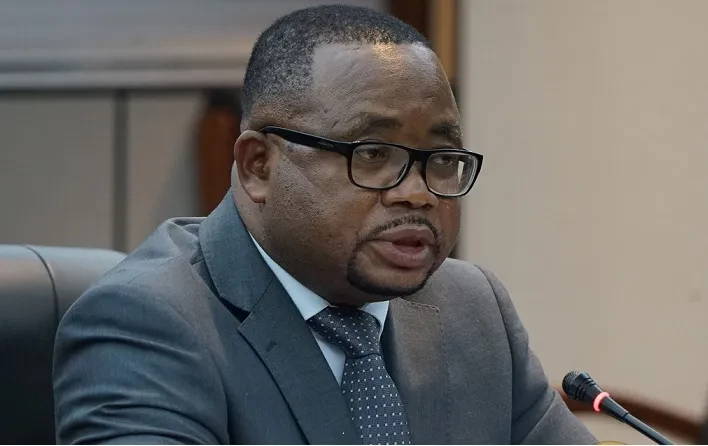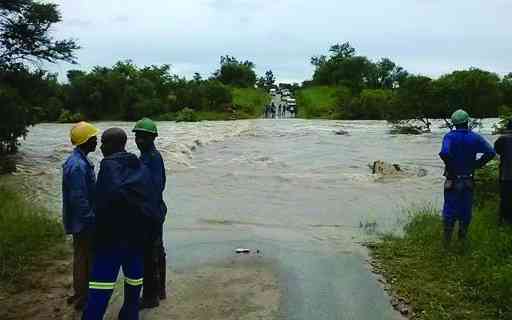
GOVERNMENT has defended the recent sharp increase in State university tuition fees, particularly the United States dollar component, saying this will help the institutions operate smoothly.
The fee hike has been widely condemned by most parents and guardians whose salaries are pegged in the fast-depreciating Zimbabwe dollar.
Addressing legislators during a question-and-answer session on Wednesday, Skills Audit minister Paul Mavima said the current fees hikes were necessary.
“It is government policy to increase fees at State universities, but only when it is necessary. In order for those universities to operate optimally and efficiently, there has to be increases,” Mavima said.
The Harare Institute of Technology last month increased fees by 300%, to US$900 while the University of Zimbabwe tuition fees now range between US$470 and US$720.
Midlands State University hiked its fees for the August semester to between US$933 and US$1 888.
Mavima said: “I am not sure whether there was a specific increase recently, but if there was, I would assume that it was caused by the need to make sure that our universities are providing sufficient services to those students who are going to those universities.
“If there have been increases, they should be justified. Remember universities have to offer services ranging from student services, to teaching and learning infrastructure that should be top notch and that require those who go to those universities to pay commensurate amounts to make sure that our universities are well funded.”
- Govt to distribute grain as hunger stalks millions
- Push for social contract gains traction
- Probe into NSSA delayed
- Wages top agenda as TNF meets
Keep Reading
When asked if government has privatised tertiary institutions, Mavima said: “The erroneous assumption is one that says whatever students are paying at this particular point in time is the full cost of what it takes to educate the students. In actual fact, at any one point, State universities would receive State funding for various facilities and programmes.”
He indirectly acknowledged that the government was failing to fully fund the education sector.
“It is the same in Zimbabwe right now. We are basically saying when everything is said and done, what the student has to contribute is such that it has become necessary when the increases are made, it has become necessary for increases to be made so that we continue to provide good education at the tertiary level,” said Mavima.
According to the Dakar Declaration and the Incheon Declaration, at least 20% of the national budget or 5-6% of the country’s gross domestic product should go towards education.










